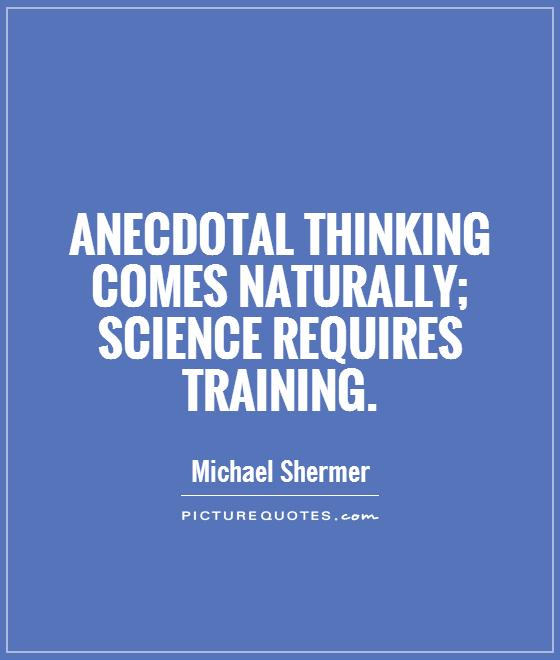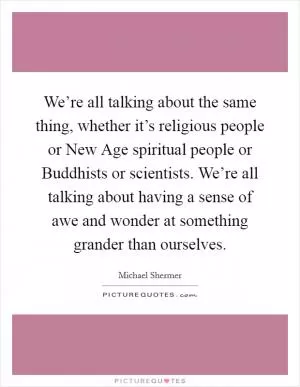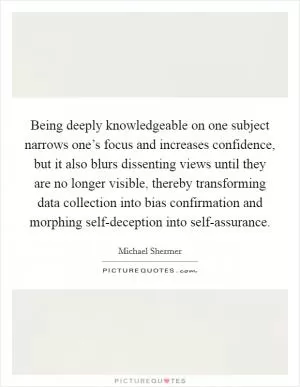Anecdotal thinking comes naturally; science requires training

Anecdotal thinking comes naturally; science requires training
Michael Shermer, a well-known science writer and founder of The Skeptics Society, has often emphasized the importance of critical thinking and scientific reasoning in understanding the world around us. One of his notable quotes is, “Anecdotal thinking comes naturally; science requires training.” This statement highlights the fundamental difference between relying on personal anecdotes and empirical evidence in forming beliefs and making decisions.Anecdotal thinking refers to the tendency to rely on personal experiences, stories, or testimonies as evidence for a particular belief or claim. While anecdotes can be compelling and emotionally persuasive, they are often unreliable and subject to biases. Our brains are wired to seek patterns and make connections based on limited information, leading us to draw conclusions that may not be supported by objective evidence. This is why anecdotal thinking comes naturally to us – it is a quick and intuitive way to make sense of the world.
On the other hand, science requires training in order to overcome the limitations of anecdotal thinking and adhere to rigorous standards of evidence and reasoning. Scientific thinking involves systematically collecting data, formulating hypotheses, conducting experiments, and analyzing results in a systematic and objective manner. This process allows scientists to test their ideas against reality, identify errors in their thinking, and refine their understanding of the natural world.
Shermer’s quote underscores the importance of distinguishing between anecdotal thinking and scientific thinking in our everyday lives. While anecdotes can be powerful and persuasive, they are not a reliable basis for making decisions that have far-reaching consequences. In contrast, science provides a systematic and reliable method for understanding the world and making informed choices based on evidence.












 Friendship Quotes
Friendship Quotes Love Quotes
Love Quotes Life Quotes
Life Quotes Funny Quotes
Funny Quotes Motivational Quotes
Motivational Quotes Inspirational Quotes
Inspirational Quotes